how to pass time with a concussion
 17 post-concussion friendly activities « BIST
17 post-concussion friendly activities « BISTA Guide to Getting Brain Rest After a Concussion Immediately after a concussion, patients are usually instructed to limit physical and cognitive activity for a few days. After a shock, the brain needs time to rest and recover normal function. Read The reduction of cognitive activity is also called brain rest. Brain rest protects the brain from mental stress while recovering and restoring its normal function. Many doctors encourage this protocol with the aim of improving recovery time, but research on this is ongoing. See How to Practice Brain Rest Brain rest does not mean you need to sit in a dark room all day and try not to think of anything. Rather, it avoids activities that require demanding mental processes, such as reaction time, memory or multitasking. See Here are some brain-rest ideas for shock recovery:1. Take free work and/or school time. It is difficult to get away from your work responsibilities for a few days, but consider using some time of illness or vacation to take a break and allow your brain to heal. See If that is not possible, talk to your employer about a temporary pause or reassignment for your more mentally tax projects. For students, ask your teacher and school administrators to work with you to modify your workload. Diving back to the complex problem solution can exacerbate the symptoms of shock. See 2. Focus on one task at a time. You can pride yourself on your ability to juggle multiple projects and task lists at once. But after a shock, it is useful to take a multitasking break and focus your mental energy on a task at once. Take a break and know it'll probably take you longer than usual to do things. See 3. Limit easy tasks. Don't overdo it at home. Assist only low-energy cleaning tasks such as washing dishes and feeding pets. Postpone or get help with more difficult tasks, such as paying bills, following a complex cooking recipe, or heavy service cleaning jobs. 4. Get in the passenger seat. While recovering from shock, heavy machinery should be avoided and depending on the rapid reaction time. If you need to get somewhere, don't drive a car or ride a bike. Instead, ask a family member or friend for a trip, ask for a shuttle service from your phone or take public transit. These options keep you and others around.5. Relax with comfortable and simple hobbies. Jump stimulant hobbies, such as strategy games, complicated books or word puzzle. When you are not sleeping or resting, spend your time with activities that do not impose your brain, such as listening to podcasts or music and watching classic or animated movies. Many people progressively add cognitive activities to their routines while the symptoms of shock fade. When you add a new activity, whether it's mental or physical activity, pay attention to how your body reacts during and after. If you feel well after 24 hours, consider adding another activity to your routine. If symptoms get worse, scale activity and rest. See Precisely how long you should practice brain rest depends on how recovery progresses. A doctor should closely monitor your recovery and adjust recommendations as symptoms improve. See more information:advertisementEditor Top PicksSports Medicine ThemesadvertisementadvertisementadvertisementHealth Information (Sponsored)Subscribe to Our Newsletters Get Veritas Health eNewsletters delivered to your inbox. Sports-health.com Resources About Veritas Health Other Veritas Health Sites:View Site: Silence This site is only for educational purposes; no information is intended or implied to replace professional medical advice. The information is produced and revised by more than 200 medical professionals with the aim of providing reliable information, only for people with painful health conditions. © 1999-2021 . All rights reserved. Veritas Health, LLC, 520 Lake Cook Road, Suite 350, Deerfield, IL, 60015. Cousin Silence version.2021.024-2021.005

17 post-concussion friendly activities « BIST

No Screens? Try These Tips to Entertain a Child Recovering From a Concussion

How To Overcome Stuborn Post Concussion Symptoms Without Drugs
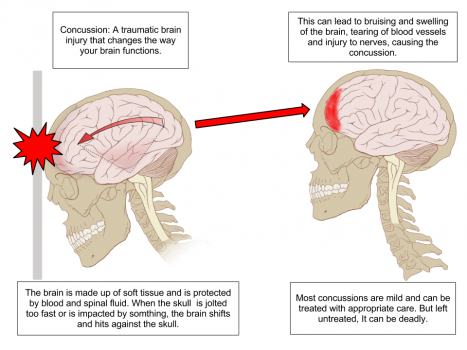
Concussion - Physiopedia

Concussion | Multimedia Encyclopedia | Health Information | St. Luke's Hospital
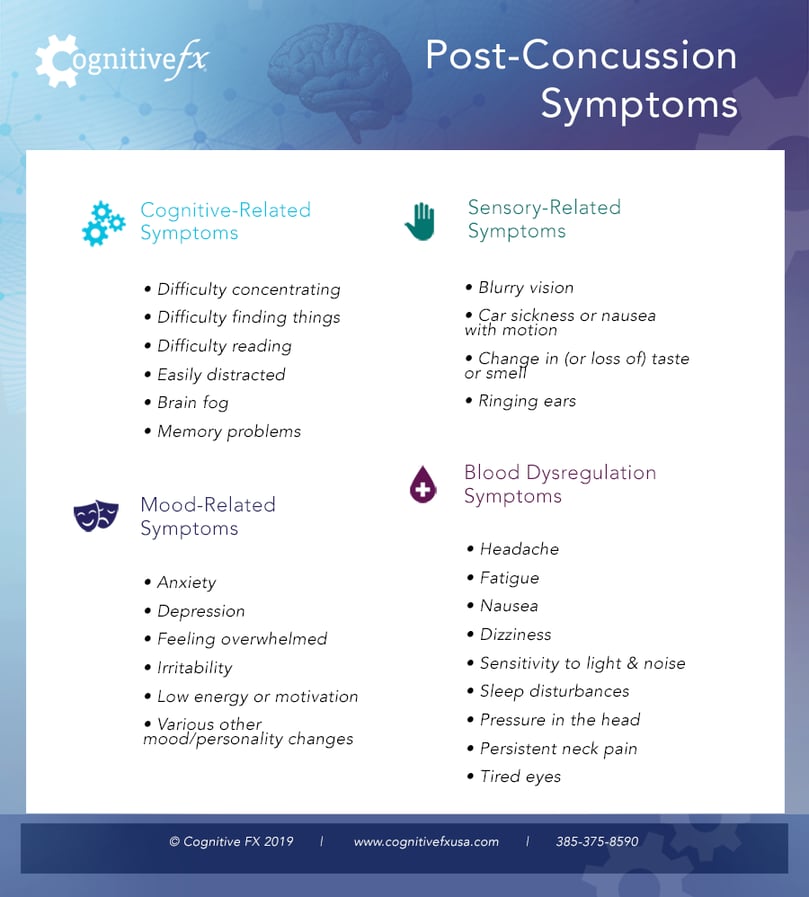
A Complete Guide to Post-Concussion Syndrome | Cognitive FX

Concussion recovery: Timeline and 7 tips

When persistent post-concussion syndrome turns into a neurologic mystery – Caring Medical Florida
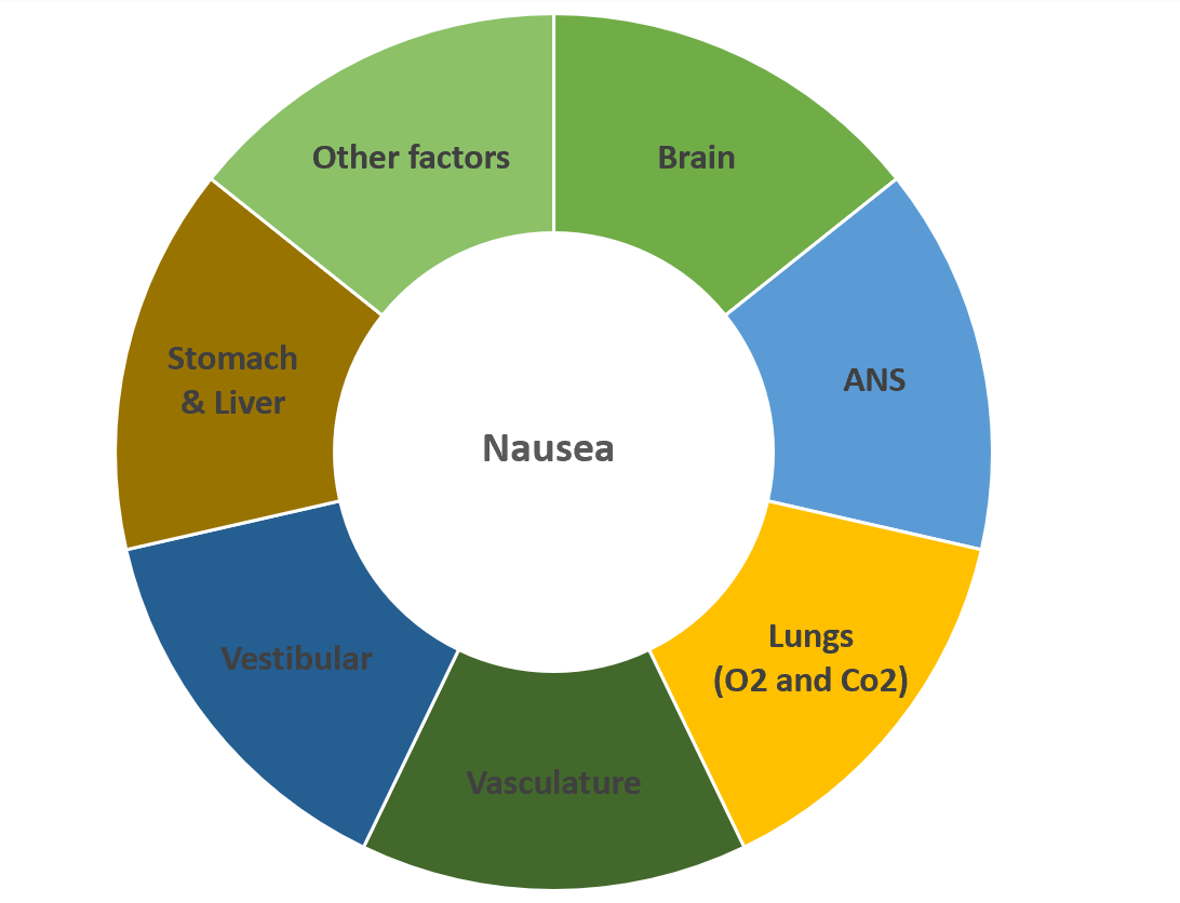
Post-Concussion Nausea | Cognitive FX
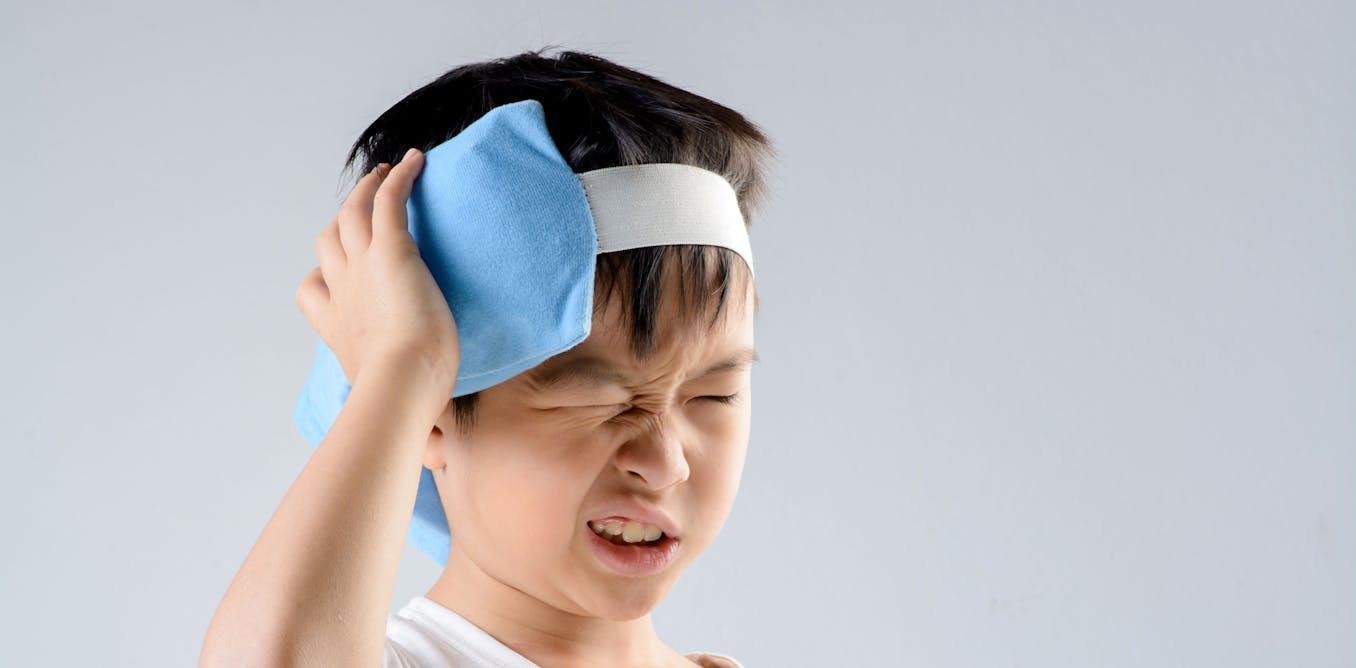
Hidden epidemic? Childhood concussion may lead to long term cognitive and behavioural problems
Concussion Headaches or "Post-Traumatic Headaches" | Cognitive FX

What Happens When You Get a Concussion — and What Happens Next
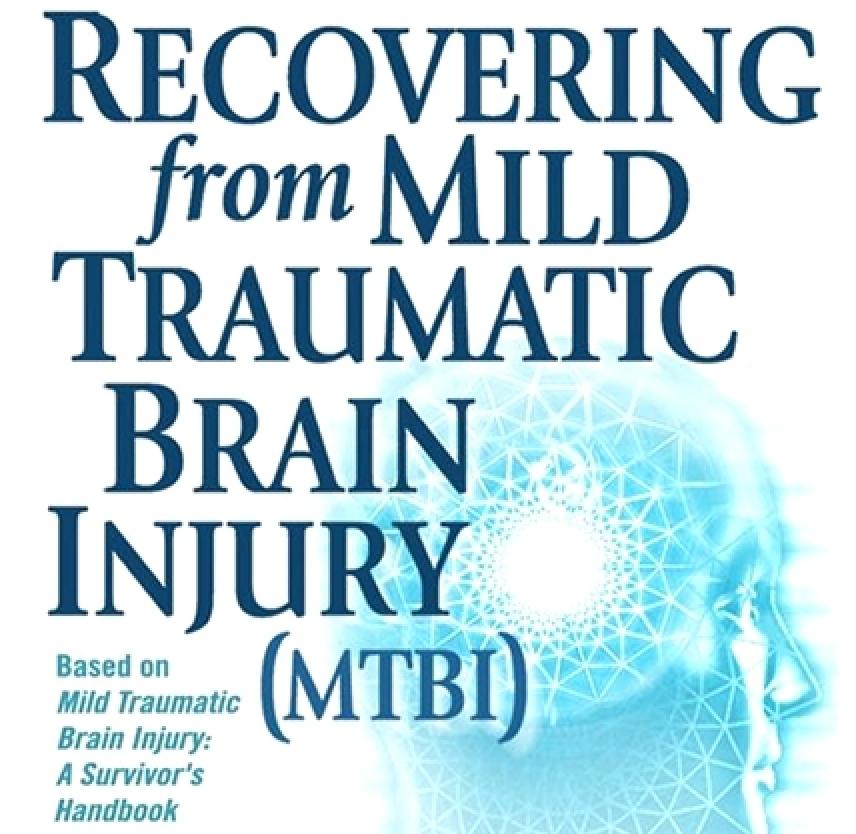
Recovering from Mild Traumatic Brain Injury | BrainLine

Concussion Discussion | Barrow Neurological Institute

For Kids With Concussions, Less Time Alone in a Dark Room - The New York Times
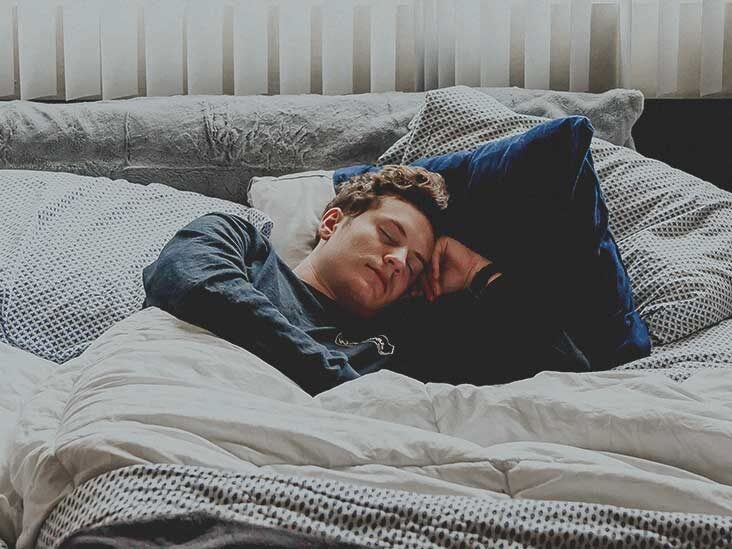
Concussion Recovery: How Long Does It Take? Plus, 10 Recovery Tip

Head injury: Types, symptoms, causes, and first aid
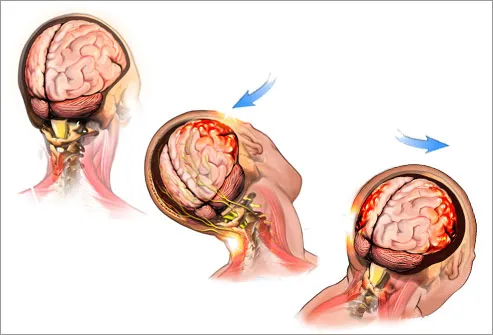
A Visual Guide to Concussions and Brain Injuries

Caring for Your Child's Concussion | BrainLine

A Guide to Getting Brain Rest After a Concussion
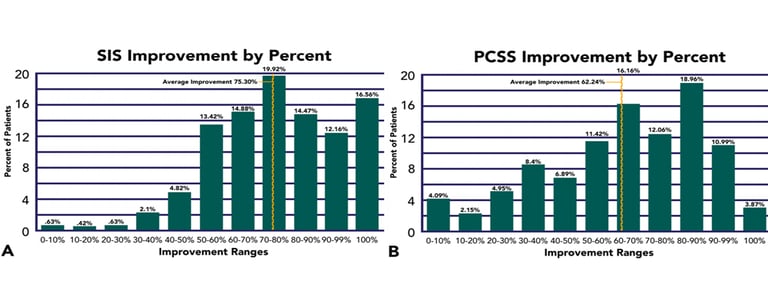
A Complete Guide to Post-Concussion Syndrome | Cognitive FX

WHAT DOES IT TAKE TO PASS A CONCUSSION TEST? NICK RIEWOLDT TELLS US — Optimus Health Group

When Concussion Symptoms Linger, a Neuropsychologist May Help

No Screens? Try These Tips to Entertain a Child Recovering From a Concussion

Concussion (Traumatic Brain Injury) Symptoms, Test, Treatment & Recovery
:no_upscale()/cdn.vox-cdn.com/uploads/chorus_asset/file/7113931/Screen%20Shot%202016-09-16%20at%207.12.35%20AM.png)
How does the NFL's concussion protocol work? - SBNation.com
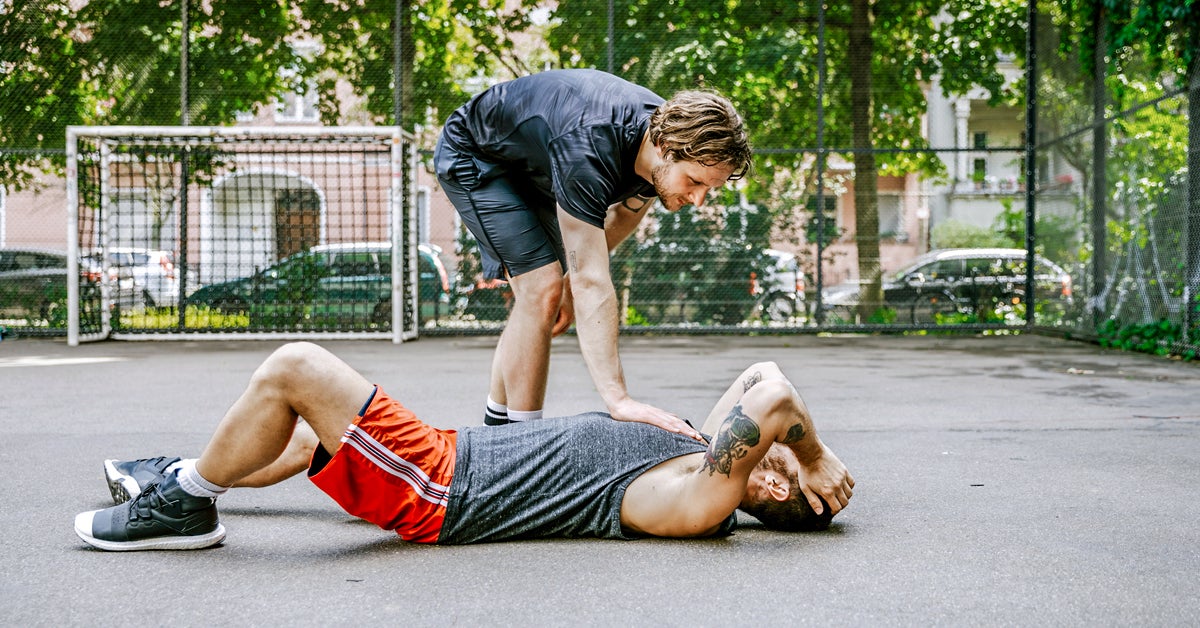
What to Do If You Have a Concussion or Think You Might
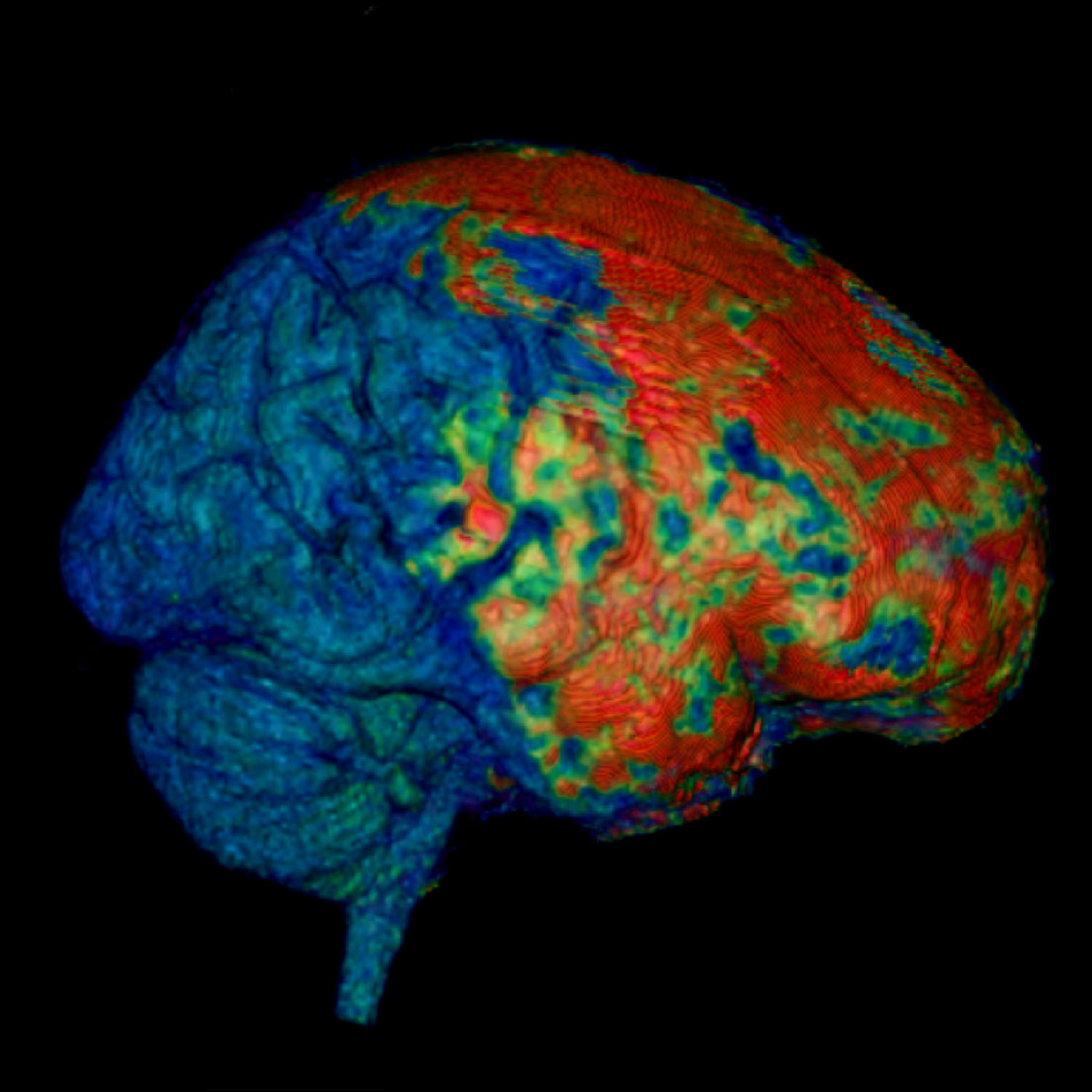
Concussion secrets unveiled in mice and people | National Institutes of Health (NIH)

Concussion - Physiopedia

The NFL's concussion problem won't be solved with better helmets — Quartz

10 Things To Do When You Have A Concussion

Playing With a Concussion Doubles Recovery Time - The New York Times
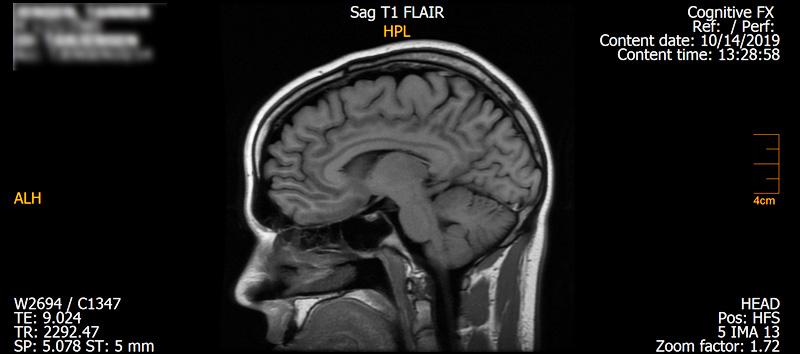
Post-Concussion Nausea | Cognitive FX

Prolonged cognitive–motor impairments in children and adolescents with a history of concussion | Concussion

Warning signs of a concussion - Harvard Health Blog - Harvard Health Publishing
/GettyImages-200325643-001-56a6f1a23df78cf772910c2e.jpg)
7 Activities Your Child Can Do With a Concussion

The Truth About Concussion Recovery: Why There is no Definitive Answer
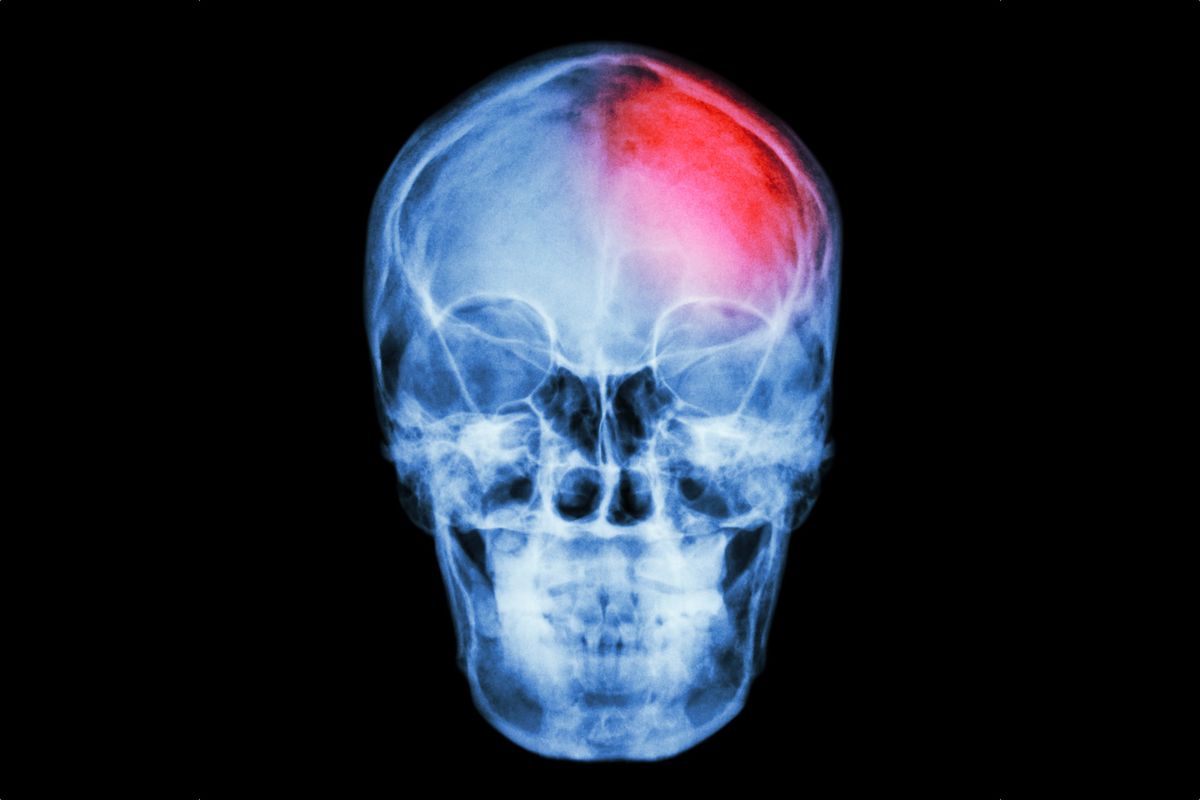
Concussions: Signs, Symptoms & Treatment | Live Science
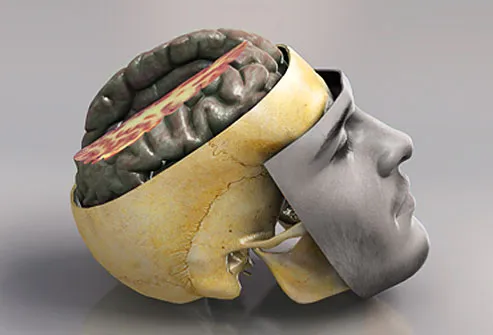
A Visual Guide to Concussions and Brain Injuries
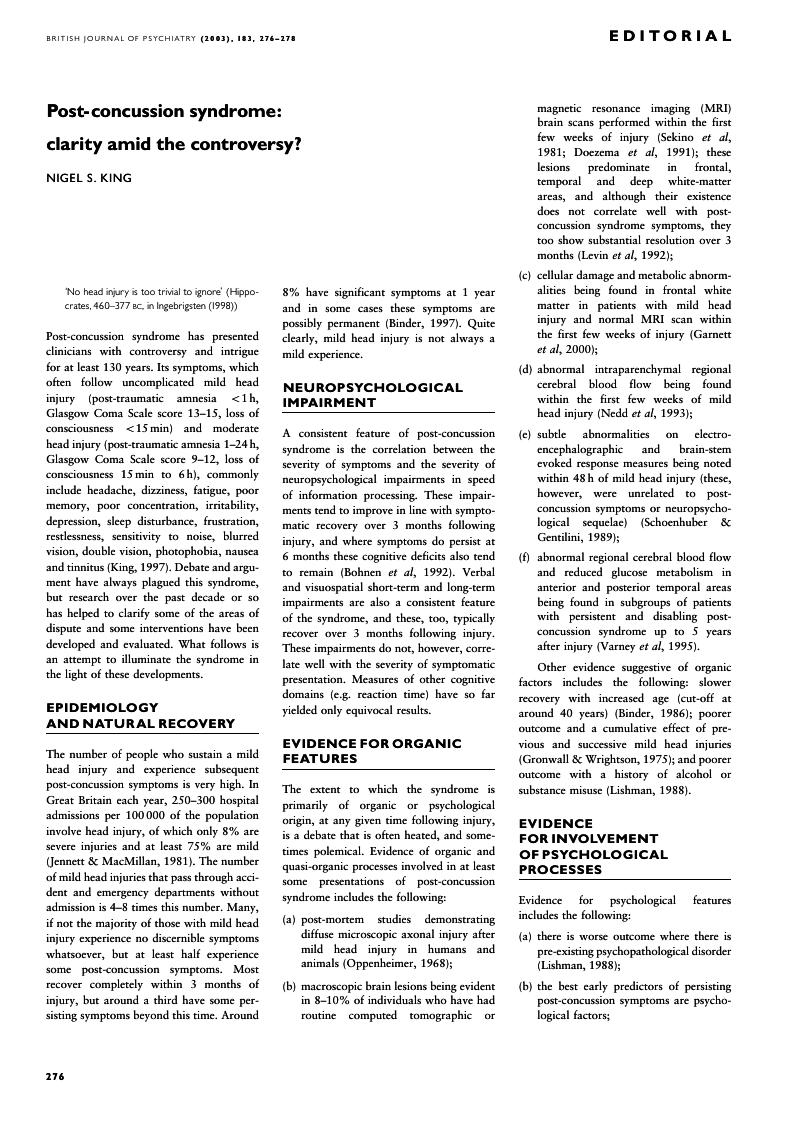
Post-concussion syndrome: clarity amid the controversy? | The British Journal of Psychiatry | Cambridge Core
Posting Komentar untuk "how to pass time with a concussion"